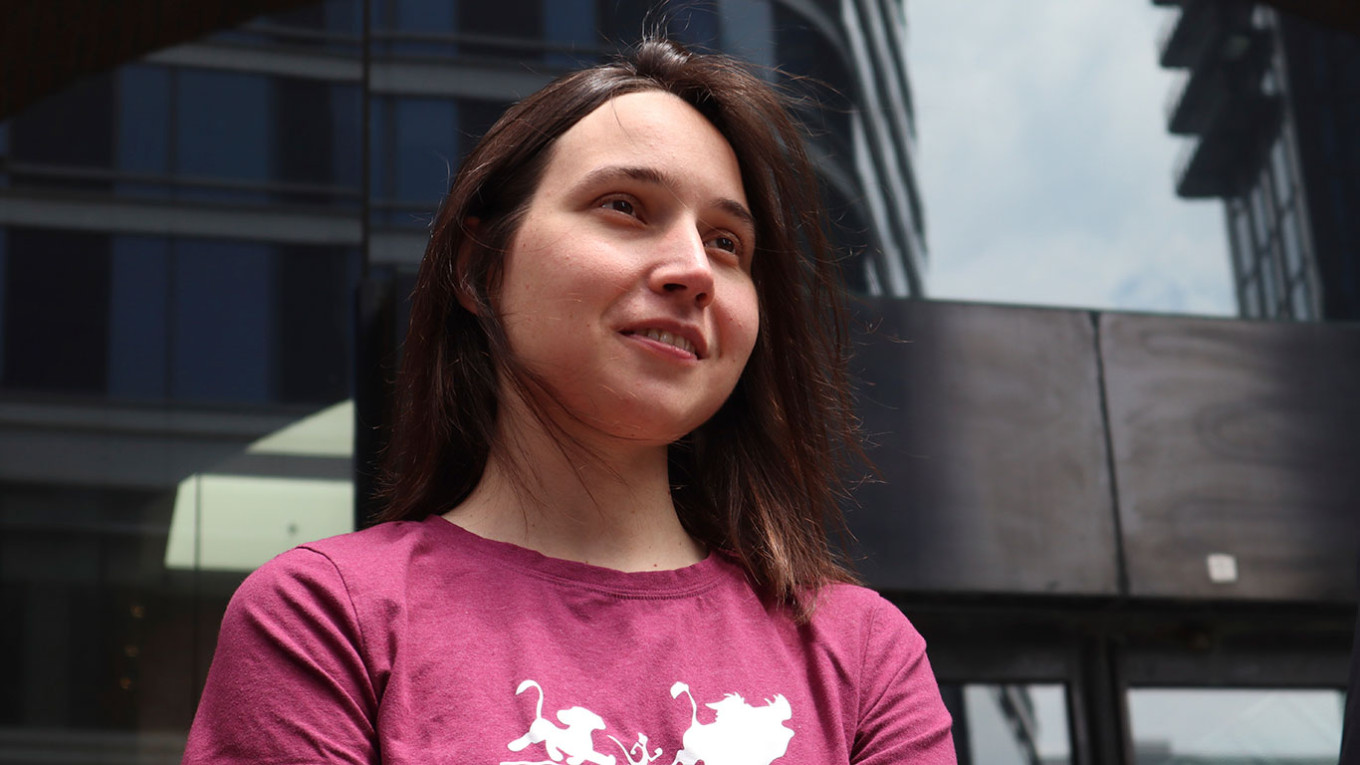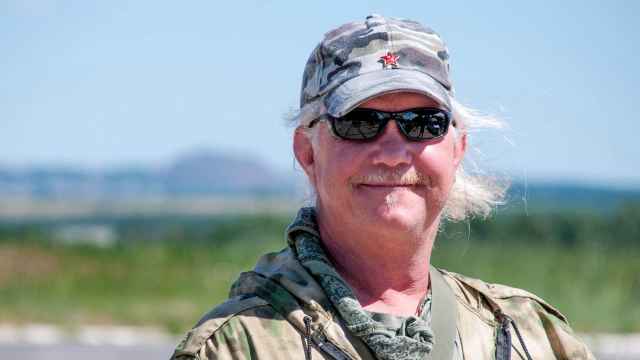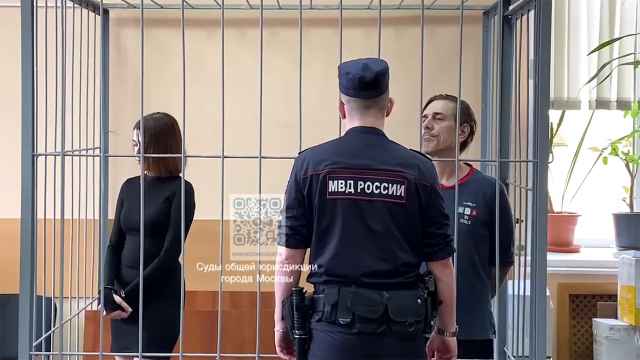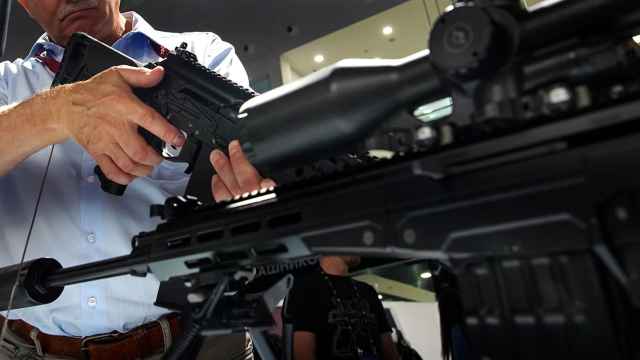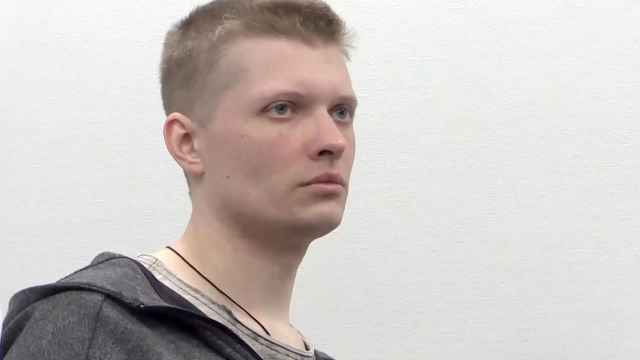A U.S. grand jury indicted Russian scientist and Harvard Medical School researcher Ksenia Petrova on three charges of smuggling frog embryos, false statements and concealment of a material fact, the U.S. Justice Department said Wednesday.
The indictment stems from a Feb. 16 incident when customs officials stopped Petrova at Boston Logan International Airport upon her return from France with the biological samples.
Immigration authorities revoked Petrova’s research visa and transferred her between multiple detention facilities before formally charging her with smuggling last month.
Petrova’s attorney, Gregory Romanovsky, had told The Moscow Times that the smuggling charge was “outrageous and legally indefensible,” arguing that the non-living frog embryos were not classified as restricted biological materials under U.S. customs law and did not require a permit.
On Wednesday, the Justice Department alleged that Petrova initially denied — then admitted to — having the undeclared biological material. It also claimed text messages on Petrova’s phone suggested she knew she would need permission to bring the frog embryos and embryonic samples.
Petrova was indicted on three counts by a federal grand jury in Boston.
Smuggling carries a maximum sentence of 20 years, while the charges of giving false statements and concealment of a material fact carry a maximum sentence of five years each.
Petrova was released on bail on June 12 and is currently on pretrial release, meaning she has to follow certain conditions while waiting for her next court date.
She has said she fears arrest or worse if deported back to Russia due to her political activism. She was reportedly arrested in Russia in 2022 for protesting the full-scale invasion of Ukraine.
A Message from The Moscow Times:
Dear readers,
We are facing unprecedented challenges. Russia's Prosecutor General's Office has designated The Moscow Times as an "undesirable" organization, criminalizing our work and putting our staff at risk of prosecution. This follows our earlier unjust labeling as a "foreign agent."
These actions are direct attempts to silence independent journalism in Russia. The authorities claim our work "discredits the decisions of the Russian leadership." We see things differently: we strive to provide accurate, unbiased reporting on Russia.
We, the journalists of The Moscow Times, refuse to be silenced. But to continue our work, we need your help.
Your support, no matter how small, makes a world of difference. If you can, please support us monthly starting from just $2. It's quick to set up, and every contribution makes a significant impact.
By supporting The Moscow Times, you're defending open, independent journalism in the face of repression. Thank you for standing with us.
Remind me later.


